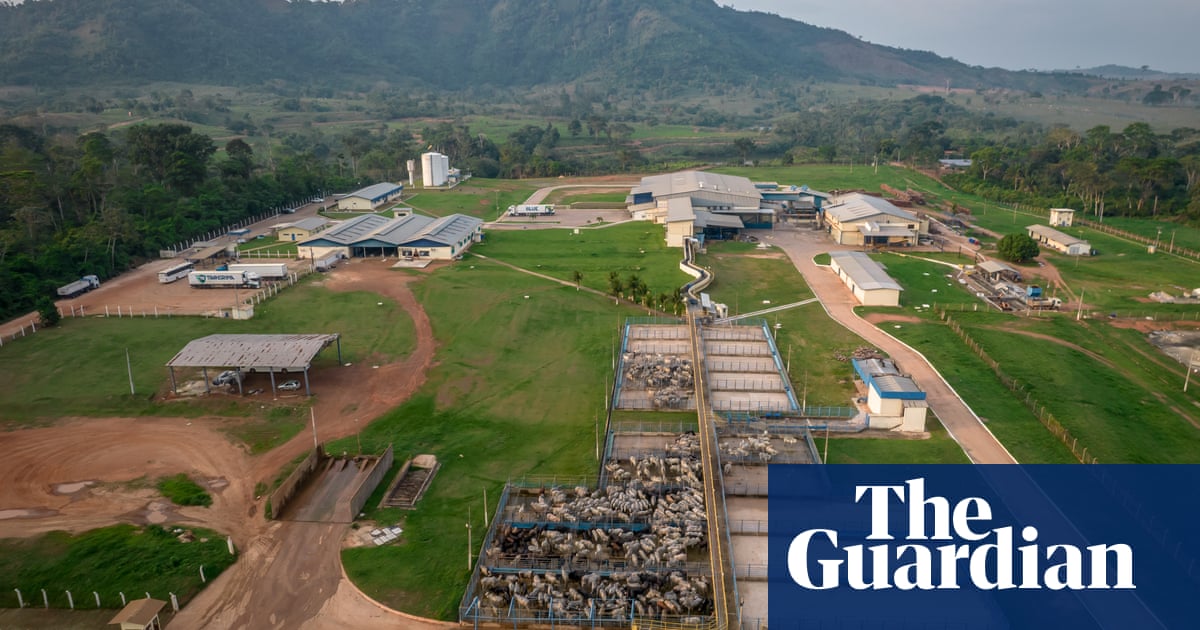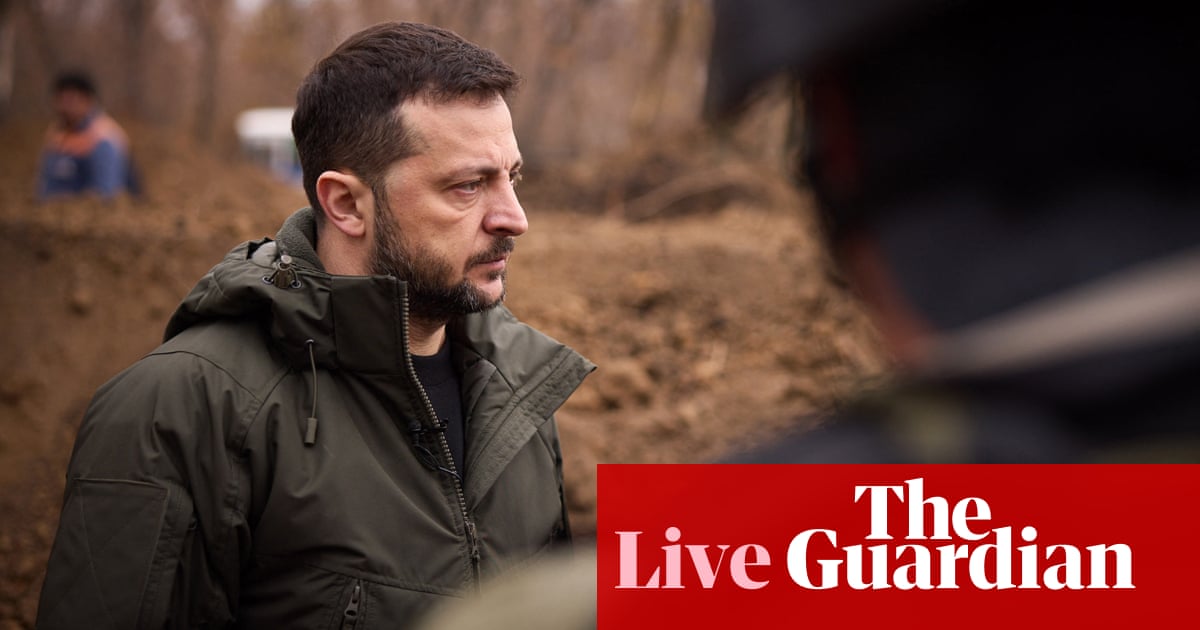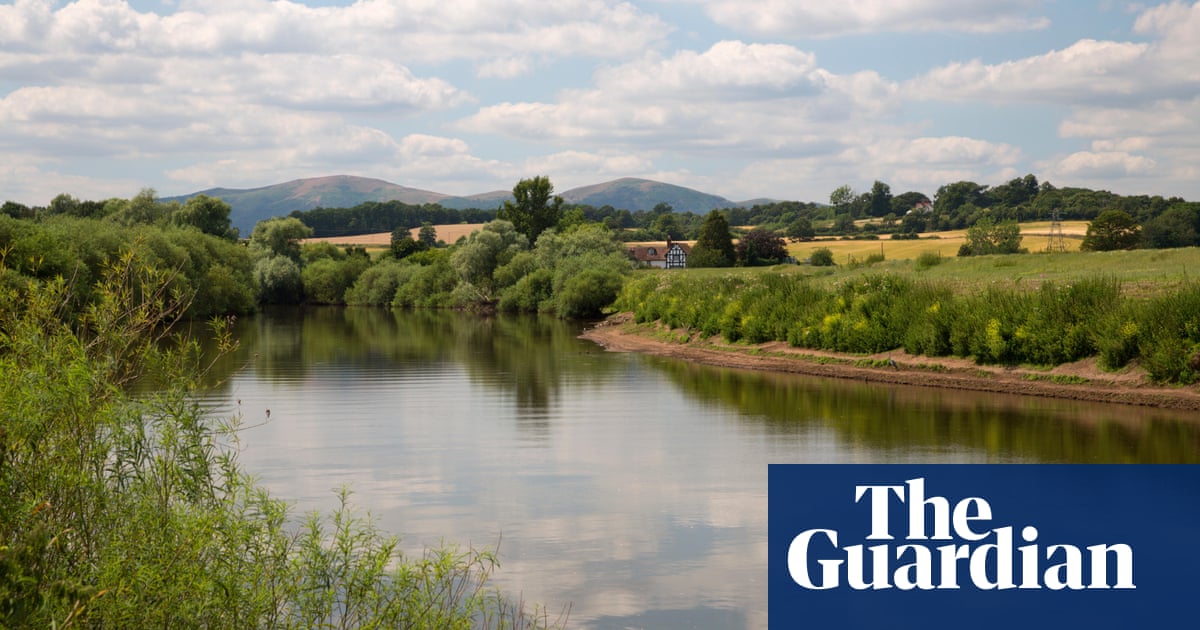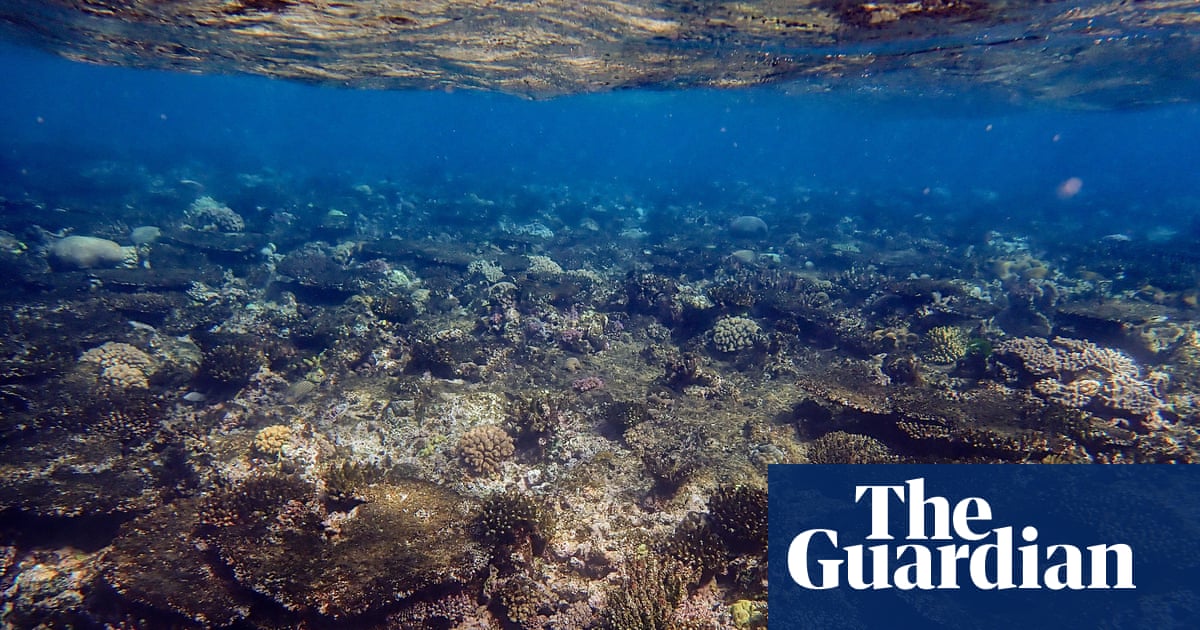A newborn baby girl will have to go through life with the wrong sex on her birth certificate after a registrarâs error, which her parents have been told they cannot change.
Grace Bingham and her partner, Ewan Murray, were excited to register their first child at the Mansfield Registration Office in Nottinghamshire last week. But, after nights of broken sleep, they failed to notice the registrar had written the wrong sex on the birth certificate until after it had been submitted.
âWe were horrified but assumed that, as we saw the mistake just a few seconds after it had happened, correcting it would be an easy matter,â said Murray. âBut although the registrar apologised for her mistake â and the area manager also apologised â it turns out that birth certificates canât be changed.â
The General Register Office (GRO), which is responsible for administering all civil registration in England and Wales, and the Home Office have both confirmed that Lilahâs birth certificate cannot be reissued, although an amendment can be made in the margin of the original document.
But Bingham said this is not enough. âPeople reading a birth certificate might easily miss a tiny note in the margin â which means that Lilah could be regarded as male when she applies for school, her passport, for jobs â for everything that she needs a full birth certificate for.â
âEven if people do notice the correction, theyâll assume our daughter is transgender â which isnât an issue if thatâs what she wants to be when sheâs older, but itâs not the case now,â she added.
âLilah might also not believe she was born a girl, but that there was a strange, biological thing that went on when she was born,â Bingham said. âI just feel so guilty. Iâm in tears all the time. Iâm completely torn up over it.â
The family complained to the GRO but was told the mistake was their responsibility and could not be fully rectified.
âThe duty to ensure that information recorded in any particular entry is true is the responsibility of the person providing the information and not of the registrar general or the registrar recording the birth,â the GRO said.
âBy law, a full certificate must be an exact duplicate of the registration to which it relates.
âThere is currently no facility in law that allows for correct certificates to be issued that show the correct information only, without reproduction of the marginal note,â they added.
The Home Office also confirmed that there was no flexibility under the law. âLegal advice has confirmed that issuing a certificate without including the marginal note following a correction to the entry in the birth register is not compliant with the law,â they stated.
Murray is furious. âI just donât think a correction in the margin is good enough,â he said. âItâs horrifying that my daughterâs got to have male on her birth certificate when sheâs a biological female. I canât believe this accident is irreversible.â
after newsletter promotion
Lee Anderson is the coupleâs MP. He has written to the childrenâs minister, Janet Daby, to request a meeting to discuss changing the law.
âThereâs obviously something wrong with the system,â he said. âWhereâs the common sense in this? I canât think of any other form you can fill out anywhere in this country that canât be changed. This little girl is going to have male on her birth certificate for the rest of her life under the law as it stands and thatâs just ridiculous.â
Dabyâs office has confirmed that she is open to meeting with Anderson to discuss the issue.
In a twist to the tale, Sarah Power, who registered her baby daughter at the same register office â with the same registrar â in October last year, had a similar experience.
âThe registrar read back all the details correctly â including that our daughter was female â and then asked us to check the spellings of the name,â she said. âWe checked the spelling but not the gender, because the registrar had already said it to us correctly.â
âIt was only when we got outside the office door that we looked at the certificate and realised that our daughter had been registered as male.â
Power, however, was able to get a new, corrected birth certificate for her daughter after the registrar directed her to a GPO form. The Home Office, however, say this is no longer an option. âThe local registration service was advised earlier this year not to issue [corrected] certificates in this way,â they said.










